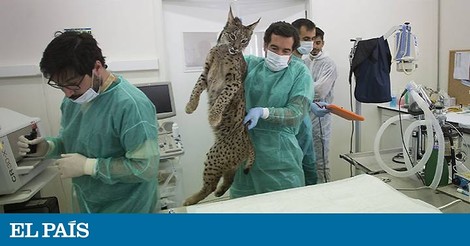Your podcast discovery platform
Curious minds select the most fascinating podcasts from around the world. Discover hand-piqd audio recommendations on your favorite topics.

piqer for: Globalization and politics Global finds Climate and Environment
Javier is a Berlin-based multimedia journalist. He completed a MA in International Journalism at City, University of London and is focused on humanitarian and conflict issues.
With experience in several countries, he's covered the refugee crisis, Turkey's coup attempt and the Kurdish conflict.
Among others, his work has been published at ABC News, Al Jazeera, Channel NewsAsia, RBB, IRIN News, El Confidencial, Público or Diario ABC.
A Success Story Of Biodiversity Protection
We are living in grim times for our environment. With a climate change denier at the White House, efforts to cut toxic emissions are more challenging than ever. However, there's also a global public opinion that is very much aware of the importance of the fight against this enormous problem. Plus, there are also some good news about it. This is one of them.
The Iberian lynx, a wild cat native to the Iberian Peninsula in southwestern Europe, is considered the world's most endangered feline species. Heavily spotted, smaller than other Eurasian species and bearing a characteristic 'beard', in 2002, there were only 94 Iberian lynxes in the wild. But that threat is pretty much gone now:
After 15 years of concerted effort to bring them back from the brink of extinction, numbers reached 547 last year, with new populations in Badajoz, Toledo and Ciudad Real and in the Valle del Guadiana in Portugal. Much of the credit has to go to biologist Miguel Ángel Simón who designed the first conservation program and is still directing the European scheme Iberlince, in which there are now around 20 active members.
The happy story of the Iberian lynx shows efforts really pay out. If we as a community are committed to save our environment, we can do it. If we can convince our institutions, as the European Union in this case, to fund ambitious but highly needed programmes as the Iberlince, the results will come.
This might sound like the classical hippy, tree-loving speech from a middle-class Western citizen. And it is—but that doesn't make it less crucial. Because it won't only be feline species like the Iberian lynx that will suffer or go extinct. We, human beings, and especially people with less resources, will also be badly affected if we fail at protecting our climate and biodiversity.
